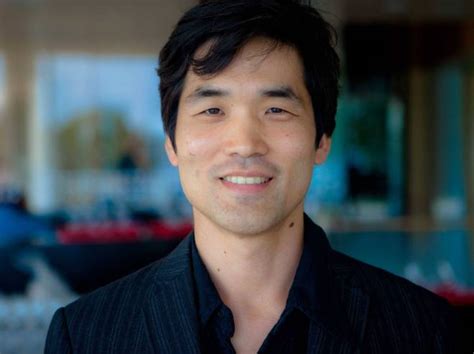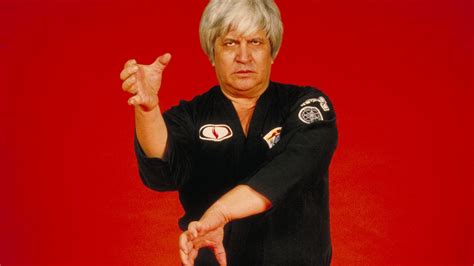A Quote by Jim Mattis
If you read enough biography and history, you learn how people have dealt successfully or unsuccessfully with similar situations or patterns in the past. It doesn't give you a template of answers, but it does help you refine the questions you have to ask yourself.
Related Quotes
There are only patterns, patterns on top of patterns, patterns that affect other patterns. Patterns hidden by patterns. Patterns within patterns. If you watch close, history does nothing but repeat itself. What we call chaos is just patterns we haven't recognized. What we call random is just patterns we can't decipher. what we can't understand we call nonsense. What we can't read we call gibberish. There is no free will. There are no variables.
I get letters from two kinds of readers. History buffs, who love to read history and biography for fun, and then kids who want to be writers but who rarely come out and say so in their letters. You can tell by the questions they ask - How did you get your ?rst book published? How long do you spend on a book? So I guess those are the readers that I'm writing for - kids who enjoy that kind of book, because they're interested in history, in other people's lives, in what has happened in the world. I believe that they're the ones who are going to be the movers and shakers.
When people hear that I'm a neuroscientist, they ask me tough questions. 'Will grandpa learn to walk again after his stroke?' 'How can my son overcome his dyslexia?' 'What could have caused my best friend to become schizophrenic?' When I can't give satisfying answers, they look disappointed - and I feel embarrassed.
Ask how you’d live your life differently if you knew you were going to die soon, then ask yourself who those people you admire are and why you admire them, and then ask yourself what was the most fun time in your life. The answers to these questions, when seen, heard, and felt, provide us with an open doorway into our mission, our destiny, our purpose.
Systematic theology will ask questions like "What are the attributes of God? What is sin? What does the cross achieve?" Biblical theology tends to ask questions such as "What is the theology of the prophecy of Isaiah? What do we learn from John's Gospel? How does the theme of the temple work itself out across the entire Bible?" Both approaches are legitimate; both are important. They are mutually complementary.
No one reads to hear someone complain about the weather or how poorly their children are behaving. You have to give the readers a reason to turn the page. As a writer you have to invite someone to turn the page. And that is a skill you have to refine. That is why you have to read. You have to read to learn what it is that makes people turn the page.




































